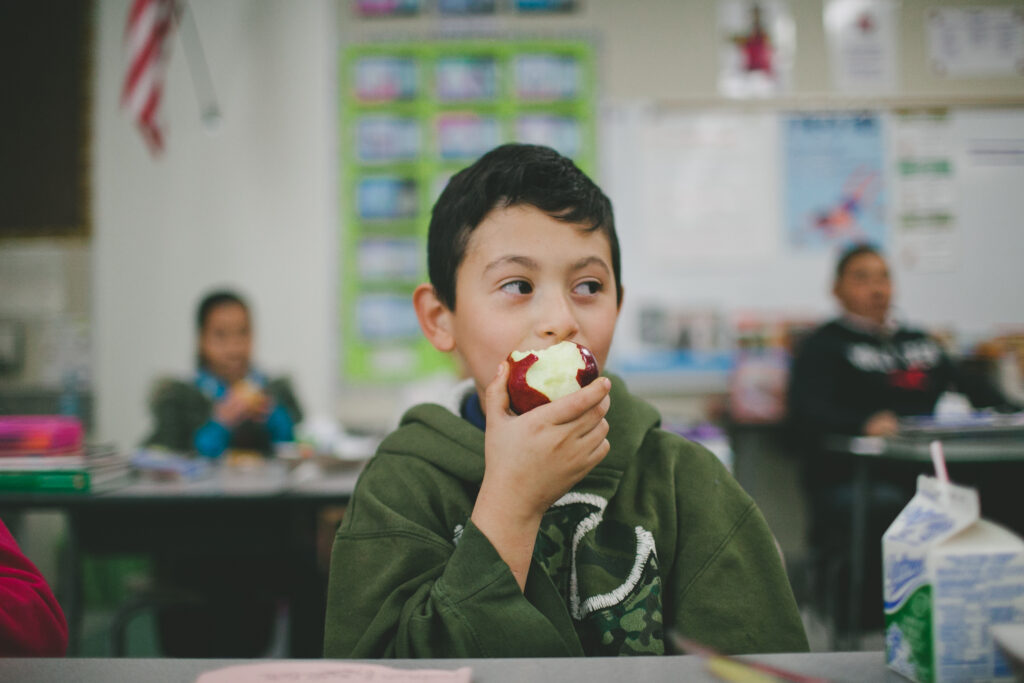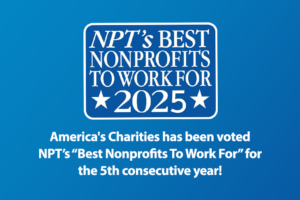Sarah Ford | March 3, 2015
Hunger in Our Schools
By Kristen Bell, No Kid Hungry Supporter
As the mother of two little girls, I think a lot about what their lives will be like, and my responsibility to protect them, nourish them and give them the best start I can, every single day. And it’s not just about my daughters. I know that our country needs every kid to grow up smart, healthy and strong.
But there are so many parents out there who aren’t as fortunate as I am, and so many children who come to school each day hungry and tired. There’s a new report out this week from No Kid Hungry about kids facing hunger at school, and their research reveals a national crisis.
Three out of every four educators they surveyed said their students regularly come to school hungry, and many of them say it happens at least once a week. When kids come to school with empty stomachs, they can’t concentrate, they lack energy, they disrupt class and — of course — their grades suffer.
It’s a terrible problem, one so vast and so deeply connected to poverty and inequality that it seems insolvable.
But it isn’t. There is a solution, and it’s a simple one. Breakfast.
Almost every child facing hunger attends a public school, where they get a healthy lunch, for free or at a reduced price, every day. The system, the staff and the infrastructure to feed daily meals to kids is already in place, in our neighborhood schools. Most importantly, federal funding exists to pay for not just lunches at school, but breakfast too.
So why aren’t more kids eating breakfast at school?
>> Support Share Our Strength’s No Kid Hungry Campaign

Get Resources and Insights Straight To Your Inbox
Explore More Articles
For Fifth Consecutive Year America’s Charities Named ‘Best Nonprofit To Work For’
Washington, D.C. – April 1, 2025 – America’s Charities, the nonprofit that mobilizes the power of giving as a leading provider of volunteering, workplace giving,…
Read ArticleWorkplace Fundraising + Volunteering Summit (April 2nd and 3rd, 2025)
Join us in attending this virtual summit! The America’s Charities team is joining up with other leading voices in the workplace giving space for a…
Read ArticleThe Time to Act is Now
The results of the 2024 National Assessment of Educational Progress (NAEP) are in, and the findings are, in a word, heartbreaking. This assessment serves as…
Read ArticleGet Resources and Insights Straight To Your Inbox
Receive our monthly/bi-monthly newsletter filled with information about causes, nonprofit impact, and topics important for corporate social responsibility and employee engagement professionals, including disaster response, workplace giving, matching gifts, employee assistance funds, volunteering, scholarship award program management, grantmaking, and other philanthropic initiatives.




